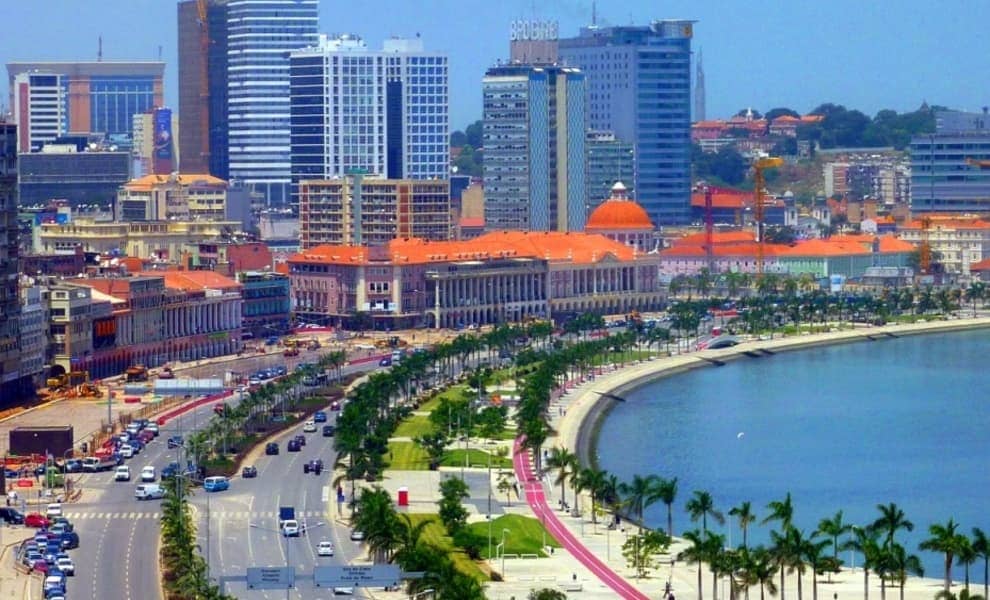Introduction
Looking for an unforgettable adventure? Consider the best African cities that promise incredible experiences for every traveler. From the vibrant streets of Cape Town to the historic charm of Marrakech, these cities offer a rich blend of culture, cuisine, and breathtaking landscapes. Whether you’re seeking thrilling safaris, bustling markets, or serene beaches, Africa’s top destinations have it all. Let’s explore these cities where every corner holds a story and every moment is an opportunity for discovery. Pack your bags and get ready to be inspired by the continent’s most captivating urban gems!
1. Cape Town, South Africa
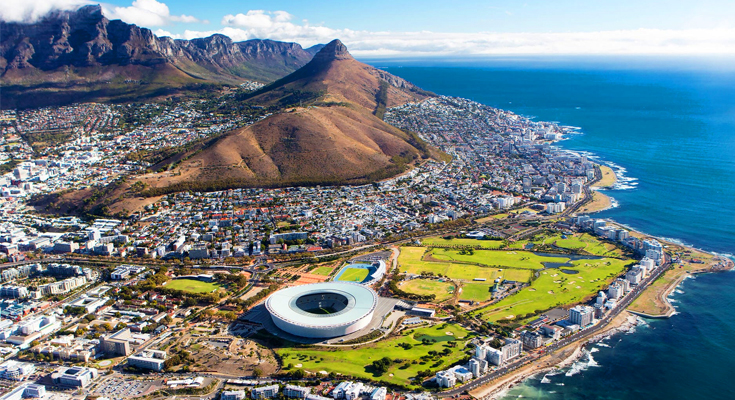
Cape Town is famous for Table Mountain, Robben Island, stunning beaches, and the Cape Winelands. It offers a mix of natural beauty and vibrant urban life.
Pros
- Offers stunning natural beauty with Table Mountain and beaches.
- Boasts a vibrant food and wine scene, especially in the Cape Winelands.
- Provides diverse cultural experiences and historical sites like Robben Island.
Cons
- Suffers from periodic water shortages and droughts.
- Experiences high levels of inequality, with some areas facing poverty and crime.
- Faces traffic congestion, especially during peak tourist seasons.
- Table Mountain: Features a flat-topped mountain offering panoramic views of the city and coastline.
- Robben Island: A UNESCO World Heritage Site, historically used as a prison, where Nelson Mandela was held.
- Cape Point: A scenic peninsula offering dramatic views of where the Atlantic and Indian Oceans meet.
- Victoria & Alfred Waterfront: A bustling harbor with shops, restaurants, and entertainment.
- Kirstenbosch Botanical Gardens: Famous for showcasing South Africa’s unique plant species.
- Beaches: From the trendy Camps Bay to the surfing hotspot Muizenberg.
2. Marrakech, Morocco
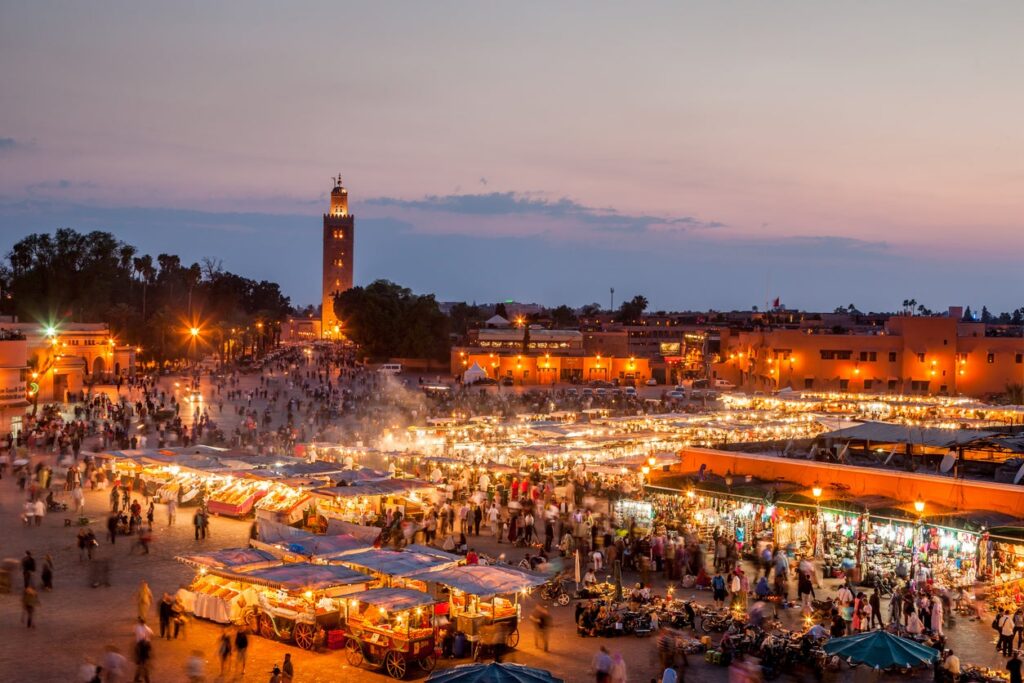
Marrakech is popular for its bustling souks, beautiful palaces, and gardens. The Jemaa el-Fnaa square and the Medina are top highlights for visitors.
Pros
- Offers rich cultural experiences with vibrant souks and historic palaces.
- Features stunning architecture like the Koutoubia Mosque and Bahia Palace.
- Provides a unique atmosphere in the lively Jemaa el-Fnaa square, with food, music, and performances.
Cons
- Faces extreme heat during summer months, which can be uncomfortable.
- Experiences aggressive bargaining and pressure from vendors in tourist areas.
- Lacks widespread infrastructure for public transportation, making navigation challenging.
- Jemaa el-Fnaa: The main square filled with street performers, food stalls, and traditional markets.
- Medina: A UNESCO World Heritage Site, known for its narrow alleys, historic homes, and vibrant souks (markets).
- Koutoubia Mosque: The largest mosque in Marrakech, recognizable by its tall minaret.
- Bahia Palace: A beautiful 19th-century palace with intricate tilework and lush gardens.
- Majorelle Garden: A colorful botanical garden once owned by fashion designer Yves Saint Laurent
3. Cairo, Egypt
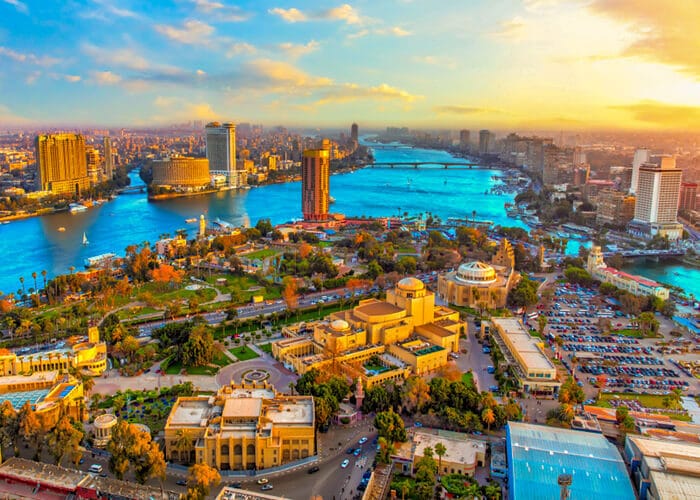
Cairo is a historical city with access to the Great Pyramids of Giza, the Sphinx, and the Nile River. The Egyptian Museum houses incredible artifacts.
Pros
- Offers access to world-renowned historical sites like the Pyramids of Giza and the Sphinx.
- Provides a rich cultural experience with museums, ancient landmarks, and traditional markets like Khan El Khalili.
- Delivers a vibrant city atmosphere, with a lively street life and diverse food scene.
Cons
- Suffers from heavy traffic congestion and crowded streets.
- Faces high levels of air pollution, especially in densely populated areas.
- Experiences hot and dry weather for much of the year, which can be uncomfortable for visitors.
- Pyramids of Giza: Iconic ancient monuments, including the Great Pyramid, one of the Seven Wonders of the Ancient World.
- The Sphinx: A massive limestone statue with the body of a lion and the head of a pharaoh, located near the Pyramids.
- The Nile River: The lifeblood of Egypt, offering scenic boat cruises and a central role in the city’s history.
- The Egyptian Museum: Home to thousands of ancient artifacts, including treasures from King Tutankhamun’s tomb.
- Islamic Cairo: A historic district with mosques, madrasas, and bazaars, showcasing Islamic architecture.
- Khan El Khalili Bazaar: A famous, bustling market offering traditional goods, handicrafts, and spices.
4. Zanzibar City, Tanzania
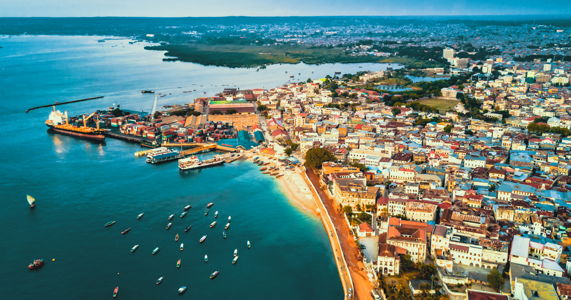
The historic Stone Town offers beautiful architecture, spice markets, and the rich history of this island, perfect for cultural tourism and beach relaxation.
Pros
- Offers stunning beaches and turquoise waters, ideal for relaxation and water activities.
- Features historic Stone Town, a UNESCO World Heritage Site with unique architecture and rich cultural heritage.
- Provides vibrant markets and spice tours, showcasing Zanzibar’s rich history and local cuisine.
Cons
- Experiences heavy tourist traffic, especially in popular areas like Stone Town and the beaches.
- Faces occasional issues with infrastructure and sanitation in some areas.
- Suffers from limited public transportation options, which can make getting around challenging.
- Stone Town: A historic district with narrow alleys, ancient buildings, and Swahili architecture, recognized as a UNESCO World Heritage Site.
- Forodhani Gardens: A popular waterfront park offering street food, local crafts, and views of the harbor.
- House of Wonders: A prominent historical building known for its impressive architecture and museum exhibits on Zanzibar’s history.
- Spice Farms: Tours of local spice plantations, where visitors can learn about and taste various spices grown on the island.
- Zanzibar’s Beaches: Pristine, white-sand beaches such as Nungwi and Kendwa, known for their clear waters and opportunities for snorkeling and diving.
5. Nairobi, Kenya
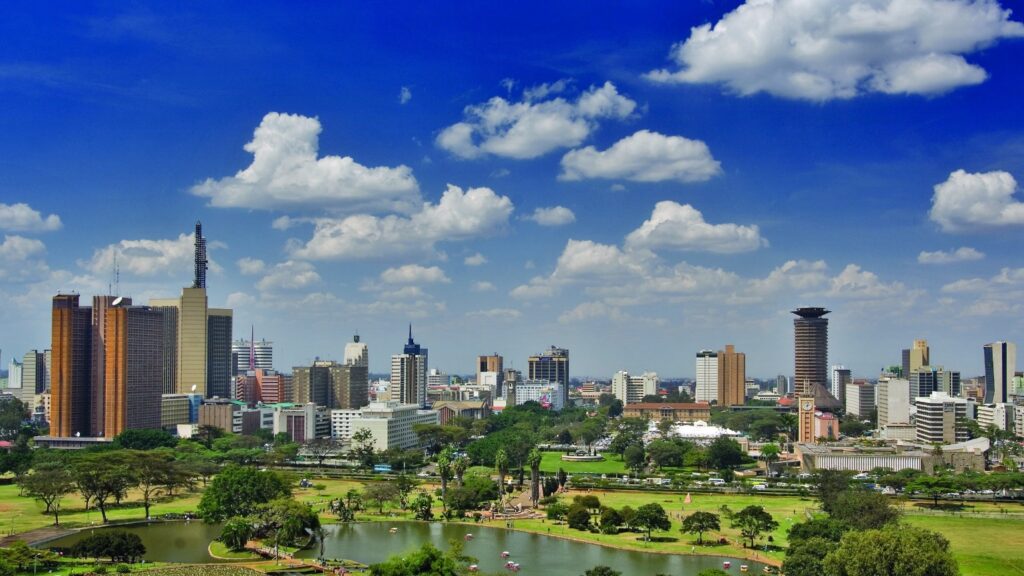
Nairobi offers urban adventure and wildlife, with nearby national parks, museums, and vibrant food and art scenes.
Pros
- Provides access to Nairobi National Park, where visitors can see wildlife like lions and giraffes just outside the city.
- Offers a vibrant cultural scene with museums, markets, and diverse culinary options.
- Hosts a variety of parks and green spaces, including Karura Forest, for outdoor activities and relaxation.
Cons
- Faces high traffic congestion and long commute times, particularly during rush hours.
- Experiences significant crime rates in certain areas, necessitating vigilance and safety precautions.
- Suffers from pollution and air quality issues, particularly in more industrial and densely populated regions.
- Nairobi National Park: A unique wildlife reserve located just outside the city, home to a variety of animals including lions, rhinos, and giraffes.
- David Sheldrick Wildlife Trust: A renowned elephant orphanage dedicated to the conservation and rehabilitation of orphaned elephants.
- Giraffe Centre: A conservation center for the endangered Rothschild giraffe, where visitors can feed and interact with these gentle giants.
- Kenya National Museum: Offers extensive exhibits on Kenya’s natural history, culture, and art, including fossils and traditional artifacts.
- Karen Blixen Museum: The former home of the famous author of “Out of Africa,” offering insights into her life and the colonial history of Kenya.
6. Dakar, Senegal

Dakar is rich in music, culture, and history, with beautiful beaches, the Museum of Black Civilizations, and the Goree Island Slave House Museum.
Pros
- Offers rich cultural experiences, including vibrant music, art, and festivals.
- Has historical sites like Gorée Island, which holds significant historical value related to the transatlantic slave trade.
- Provides beautiful coastal views and beaches, such as the popular N’gor Island.
Cons
- Encounters heavy traffic congestion, especially during peak hours.
- Undergoes challenges with urban infrastructure and sanitation in some areas.
- Suffers from high temperatures and humidity, which can be uncomfortable during certain times of the year.
- Gorée Island: A UNESCO World Heritage Site known for its historical significance related to the transatlantic slave trade, with museums and memorials.
- Dakar’s Beaches: Beautiful stretches of coastline like Plage de N’Gor and Plage de Yoff, popular for relaxation and water sports.
- African Renaissance Monument: The world’s tallest statue, offering panoramic views of the city from its observation deck.
- Sandaga Market: A bustling market offering a wide range of goods, including textiles, crafts, and local produce.
- Institut Français: A cultural center promoting arts, including theater, music, and exhibitions, contributing to Dakar’s vibrant cultural scene.
7. Accra, Ghana
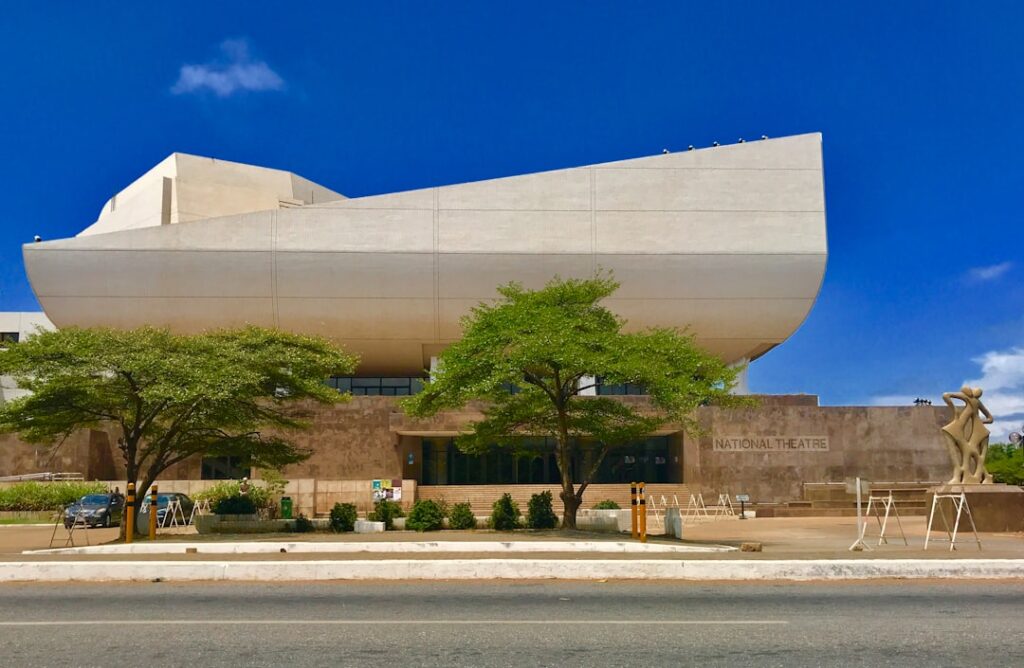
Accra is a friendly and vibrant city offering a mix of modern and traditional culture, great beaches, and landmarks like the Kwame Nkrumah Memorial Park.
Pros
- Offers a vibrant cultural scene with diverse music, art, and festivals.
- Includes historical landmarks such as the Kwame Nkrumah Mausoleum and the Jamestown Lighthouse.
- Presents beautiful beaches like Labadi Beach and Kokrobite, ideal for relaxation and social activities.
Cons
- Goes through significant traffic congestion, particularly during peak hours.
- Faces challenges with infrastructure and occasional power outages.
- Endures high temperatures and humidity, which can be uncomfortable for visitors.
- Kwame Nkrumah Mausoleum: A memorial dedicated to Ghana’s first president, featuring a mausoleum, museum, and beautiful gardens.
- Labadi Beach: A popular and vibrant beach offering relaxation, entertainment, and local cuisine.
- Makola Market: A bustling market known for its variety of goods, including fresh produce, textiles, and local crafts.
- Jamestown: A historic district with colonial architecture, lighthouses, and a rich history.
- Osu Castle: An important historical site that has served various roles over the centuries, including as a fort and presidential residence.
- E.B. Du Bois Center: A cultural and historical center dedicated to the life and work of the African-American scholar and civil rights activist.
8. Victoria Falls, Zimbabwe/Zambia
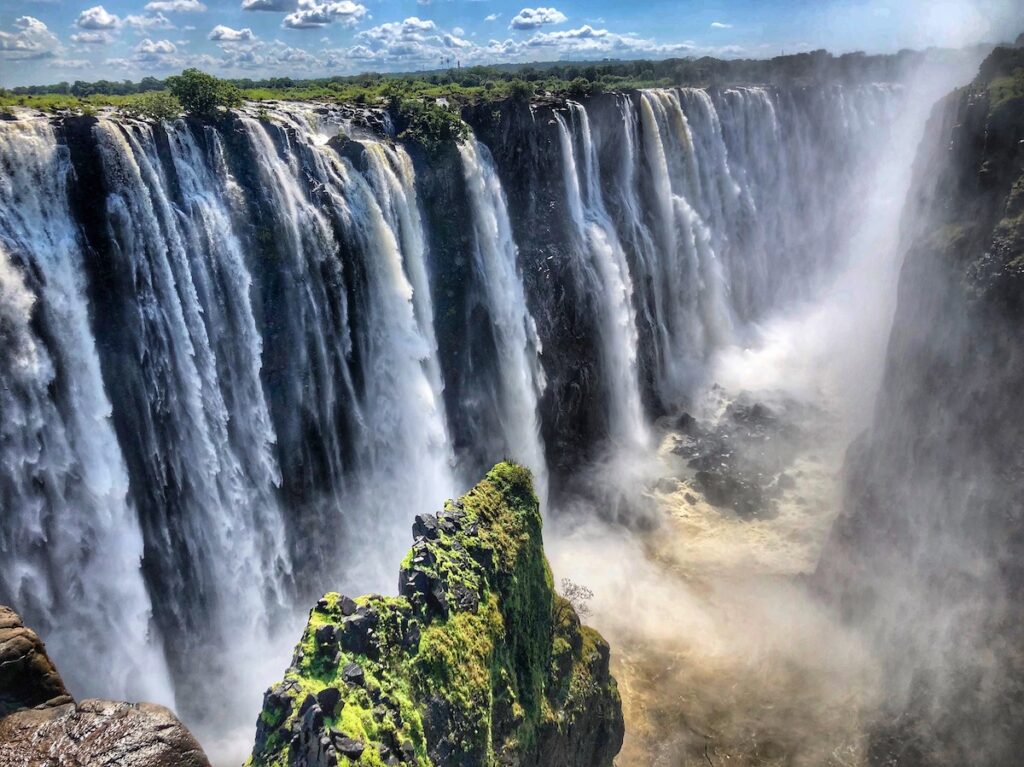
Victoria Falls is popular for its magnificent Victoria Falls, a must-visit natural wonder, with adventure activities like bungee jumping and wildlife safaris.
Pros
- Presents stunning natural beauty.
- Provides diverse activities.
- Includes excellent wildlife opportunities
Cons
- Endures high tourist volumes.
- Experiences water level fluctuations.
- Deals with infrastructure limitations.
- Size and Width: Victoria Falls is one of the largest and widest waterfalls in the world, stretching about 1.7 kilometers (1 mile) across.
- Height: The waterfall drops approximately 108 meters (355 feet) into the Zambezi River, creating a dramatic and powerful cascade.
- Misty Spray: The immense volume of water plunging over the edge creates a significant mist that can be seen from miles away, often resulting in rainbows on sunny days.
- Gorge: The falls are situated in a deep gorge carved by the Zambezi River, which contributes to the spectacular views and the thunderous roar of the water.
- Devil’s Pool: You can safely swim near the edge of the falls in a natural swimming area during the dry season.
9. Addis Ababa, Ethiopia
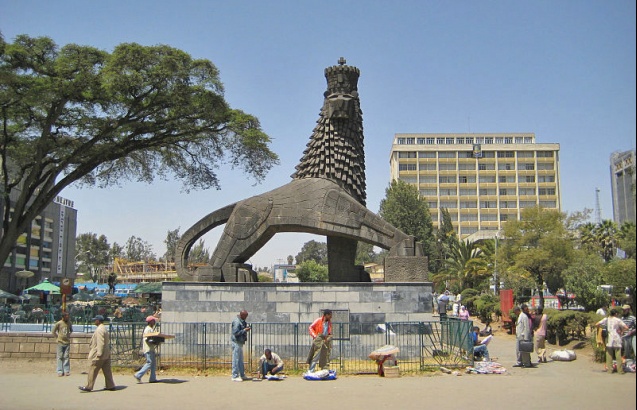
Addis Ababa is a cultural hub with historical sites like the National Museum, which houses Lucy, one of the oldest human fossils, and rich Ethiopian cuisine.
Pros
- Offers a rich cultural experience with numerous museums, historic sites, and vibrant markets.
- Presents a strategic location as a diplomatic hub, hosting the headquarters of the African Union.
- Boasts diverse and growing culinary options, with a range of traditional Ethiopian and international cuisines.
Cons
- Faces safety concerns.
- Struggles with housing quality.
- Historical Sites: Addis Ababa is home to the National Museum of Ethiopia, which houses ancient artifacts including the famous fossil “Lucy.” The Holy Trinity Cathedral is also significant, known for its historical and religious importance.
- Cultural Diversity: The city is a melting pot of Ethiopia’s diverse ethnic groups and cultures, reflected in its vibrant festivals, cuisine, and traditions.
- Political Hub: It is the headquarters of the African Union (AU) and the United Nations Economic Commission for Africa (UNECA), making it a major center for international diplomacy and politics in Africa.
- Mount Entoto: Overlooking the city, Mount Entoto offers panoramic views and is a popular spot for both tourists and locals. It also has historical churches and monasteries.
- Bole International Airport: One of the busiest airports in Africa serves Addis Ababa, connecting the city to numerous international destinations and functioning as a major transit hub on the continent.
10. Lagos, Nigeria
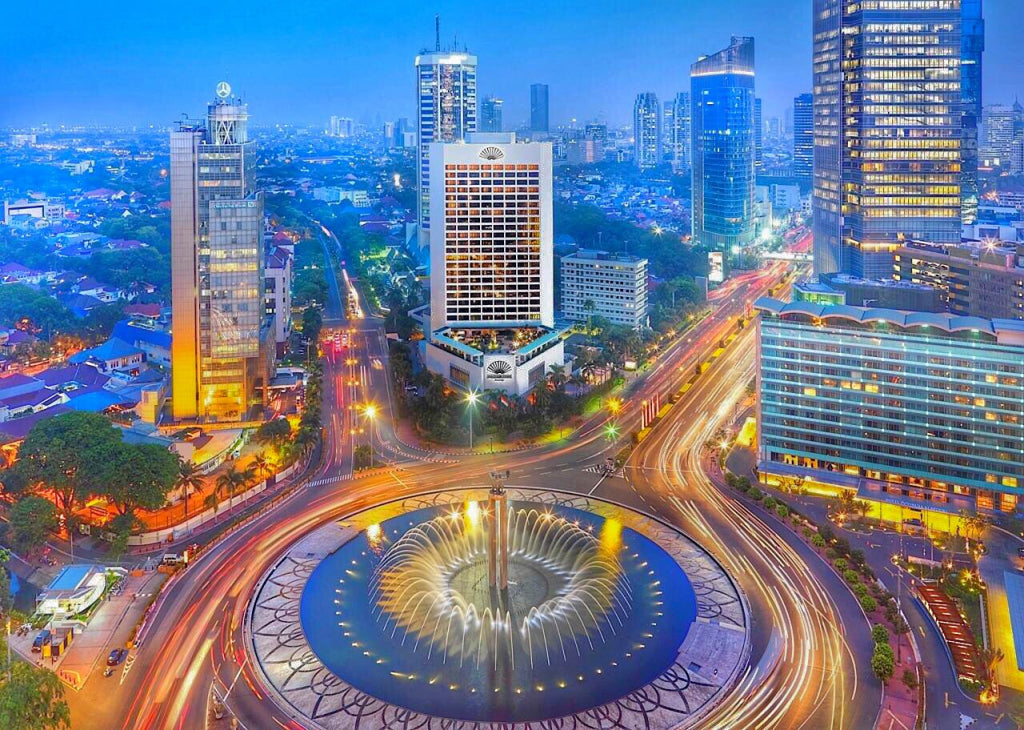
Lagos is a bustling megacity, known for its vibrant energy, diverse culture, and thriving entertainment scene. As the commercial hub of West Africa, it boasts attractions like the scenic Tarkwa Bay Beach, the vibrant Lekki Arts and Crafts Market, and the serene Lekki Conservation Centre.
Pros
- Hosts a vibrant and diverse economy, with numerous opportunities in sectors such as finance, technology, and entertainment.
- Offers a rich cultural experience, including a bustling arts scene, music, and festivals.
- Provides a gateway to beautiful coastal areas and beaches, enhancing its appeal as a travel destination.
Cons
- Faces significant traffic congestion, leading to long commute times and increased stress for residents.
- Struggles with infrastructural challenges, including inconsistent power supply and inadequate waste management systems.
- Encounters high levels of air pollution and environmental degradation, impacting public health and quality of life.
- Economic Hub: Lagos is Nigeria’s largest city and economic center, with a diverse economy that includes finance, oil, and technology industries.
- Cultural Melting Pot: The city is popular for its rich cultural diversity, reflected in its numerous festivals, art galleries, and vibrant music scene.
- Bustling Port: Lagos is home to one of Africa’s largest and busiest ports, handling a significant portion of Nigeria’s import and export activities.
- Urbanization: It is one of the fastest-growing cities in Africa, characterized by rapid urbanization, high population density, and extensive infrastructure development.
- Beaches and Coastal Areas: Lagos boasts several popular beaches, such as Lekki and Victoria Island, offering recreational activities and beautiful coastal scenery.
Overview of Best African Cities For Tourists

Explore these top African cities for an unforgettable adventure. Start in Cape Town, South Africa, where stunning landscapes meet vibrant culture. Immerse yourself in the lively streets of Marrakech, Morocco, with its rich history and bustling markets. Discover ancient wonders in Cairo, Egypt. Enjoy the tropical allure of Zanzibar City, Tanzania. Experience the dynamic vibe of Nairobi, Kenya. Dive into Dakar, Senegal’s arts scene and beach life. Soak in Accra, Ghana’s warmth and history. Marvel at the awe-inspiring Victoria Falls on the Zimbabwe/Zambia border. Delve into Addis Ababa, Ethiopia’s heritage. Finally, embrace Lagos, Nigeria’s energy and innovation.
How to Choose the Best African Cities For Tourists
When picking the best African cities for your travels, focus on what excites you. First, consider your interests: history buffs might love Cairo, while adventure seekers will be drawn to Victoria Falls. Look for cities with rich culture and activities—Marrakech and Dakar offer vibrant experiences. Check out climate and safety; Cape Town and Zanzibar City are ideal for beautiful weather. Don’t forget local cuisine and entertainment options; Nairobi and Lagos are bustling with life. Finally, think about convenience and accessibility. Choose cities that match your preferences and ensure a memorable trip tailored to your desires.
Pros and Cons of the Best African Cities For Tourists
Pros
- Diverse Experiences: Cities like Cape Town and Marrakech offer a mix of cultures, landscapes, and activities.
- Rich History: Many cities, such as Cairo and Addis Ababa, have deep historical significance and ancient landmarks.
- Warm Climate: Cities like Accra and Nairobi boast pleasant, warm weather throughout the year.
- Vibrant Culture: Cities such as Lagos and Dakar are known for their lively music, art scenes, and festivals.
Cons
- Safety Concerns: Some cities may have safety issues, requiring tourists to be vigilant.
- Infrastructure Challenges: Certain cities face challenges with transportation and public services.
- Cost of Travel: Popular tourist destinations may be expensive in terms of accommodation and activities.
- Climate Extremes: In some cities, the climate can be very hot or unpredictable, which may affect travel comfort.
What to Watch Out For
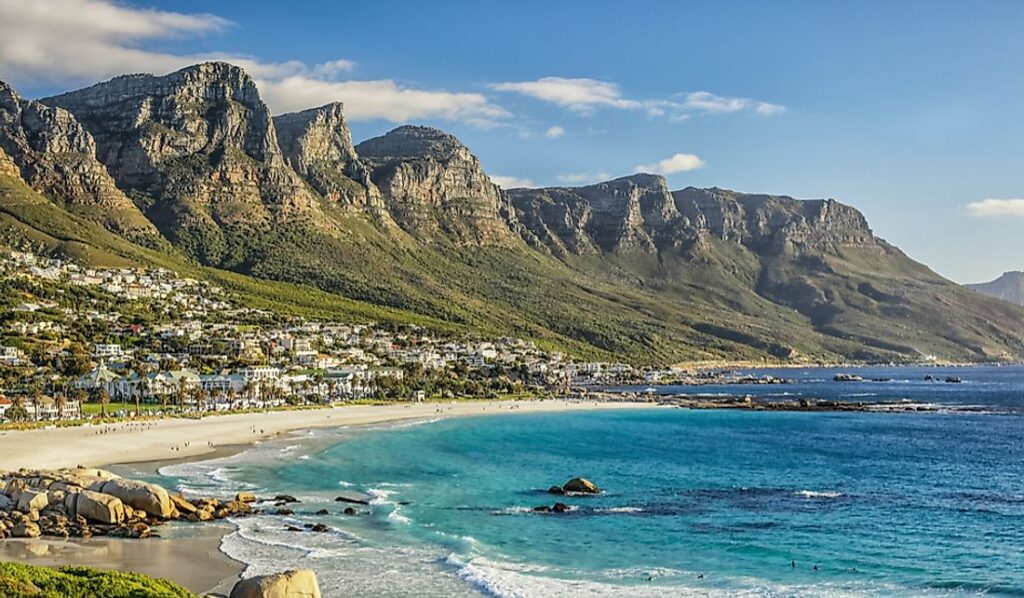
When choosing the best African cities for tourists, watch out for safety conditions—research the local crime rates and travel advisories. Consider infrastructure quality; some cities may have unreliable public transport or limited amenities. Be mindful of the climate; extreme heat or heavy rains can impact your travel experience. Look into health concerns—ensure you’re aware of any necessary vaccinations or health risks. Also, factor in the cost of living and traveling, as some cities can be quite pricey. Then, check local customs and cultural norms to respect and adapt to your destination’s practices.
Pro Tips
- Familiarize yourself with local customs and etiquette.
- Ensure you have cash on hand as some places may not accept cards.
- Prepare for the local weather conditions.
- Choose reliable transportation options.
- Drink plenty of water and be cautious with street food.
- Know a few key phrases in the local language.
- Secure insurance for added protection.
- Be open to exploring diverse cultures and traditions.
Recap
Explore Africa’s best cities by diving into their rich cultures and history. Visit Cape Town for stunning landscapes and vibrant culture, Marrakech for its bustling souks and historic sites, and Cairo for its ancient wonders. Experience Lagos and Dakar for lively music scenes and festivals. Remember to research local customs, carry cash, and pack for the weather.
Use reliable transportation, stay hydrated, and be cautious with street food. Learn a few local phrases, and don’t forget travel insurance. Embrace the diverse experiences each city offers and enjoy your adventure across this fascinating continent.


